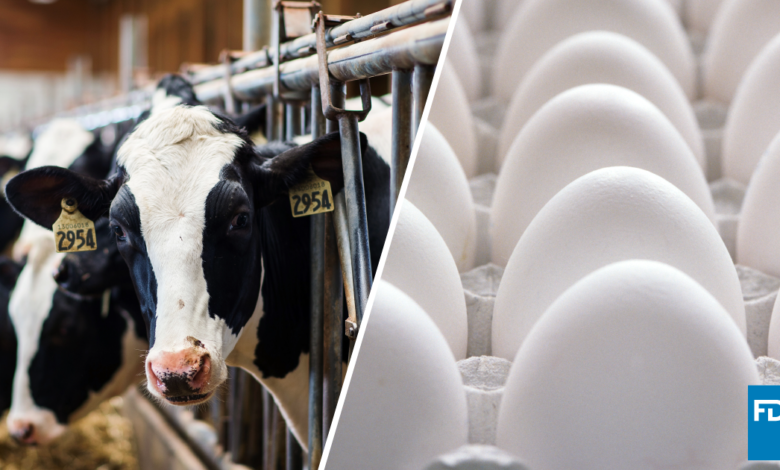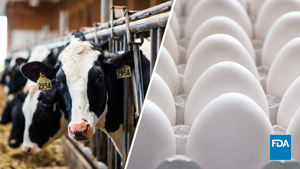Wisconsin monitoring bird flu in animals ahead of summer fair season | Wisconsin


(The Center Square) – Wisconsin’s public health managers don’t want the bird flu to ruin fair season this summer.
The state’s Department of Health Services and Department of Agriculture announced plans to monitor fairs across the state this year for the bird flu.
“Obviously it is a concern for us having had the avian flu going from mammals to people, and from poultry to mammals to people as well. Right now, the risk is still being said to be very low. We’ve only had three cases in the United States so far this year,” DHS epidemiologist Tom Haupt said.
None of those cases are in Wisconsin.
“We want to assure the public that it’s not a panic situation as yet. The risk is very low at this particular point of mammals to human transmission,” he said.
State Veterinarian Daelrene Konkel said there have not yet been any cases of the bird flu in Wisconsin’s dairy cows, though there have been cases in Iowa and Minnesota.
Konkel said the DATCP has tested nearly 700 cows for SAR this year but has not tested any human beings for the bird flu.
Konkel says a lot more cows will be tested as the summer fair season kicks off.
“We have reached out to the Wisconsin Fairs Association and some of the earlier fairs coming up this season,” Konkel explained. “As many of you know, DATCP released news last week that we are requiring the testing of lactating dairy cattle moving within Wisconsin before attending a fair, or exhibition.”
Haupt said there are no plans to mass test anyone in Wisconsin as of yet and he said DHS is not suggesting people without flu symptoms get tested either.
Though Haput said DHS is asking doctors across the state to keep the bird flu in mind when seeing patients this summer.
“What we are really asking providers to do is ask for animal exposure. ‘Do they live on a farm? Have they been to a fair, where they have gone through the barns?’ We want the providers to ask questions about that,” Haput said.
As for fair visitors, both public health managers and the Department of Ag say the best thing visitors can do is to wash their hands.
“Basic common sense measures to, you know keep, yourself safe around animals would also extend to Avian Influenza,” Dr. Angie Maxted, with DHS, added. “[Things] such as making sure that hands are washed appropriately. That the small children are not able to lick surfaces that that other animals may have touched, or and making sure to keep strollers and pacifiers out of animal areas. Just basic common sense measures will go a long way against H5N1 or any other disease and animals may have.”
Source link


